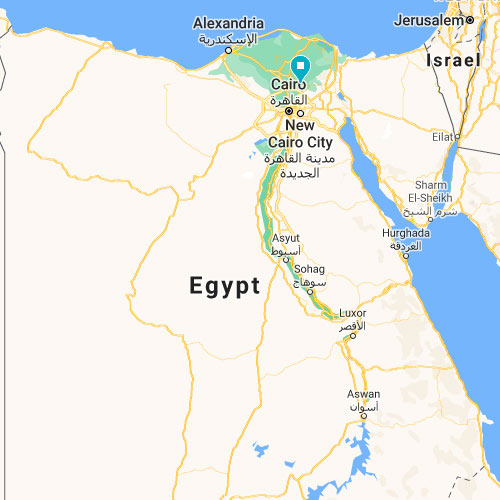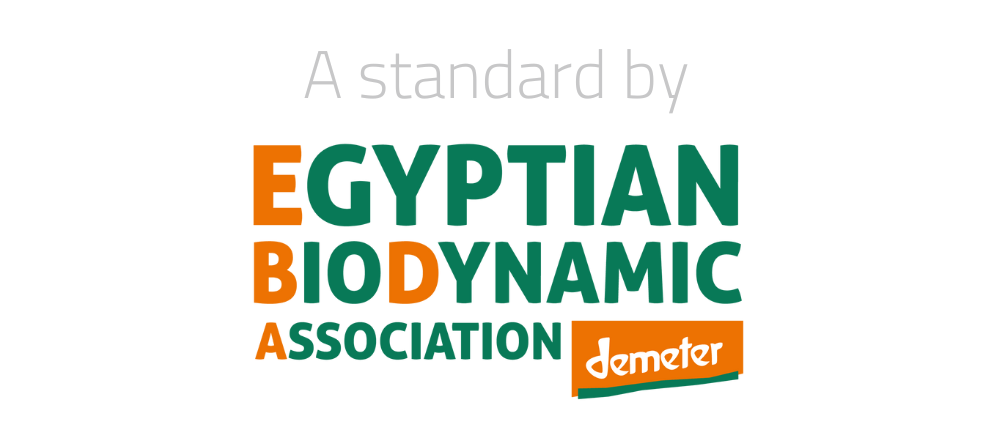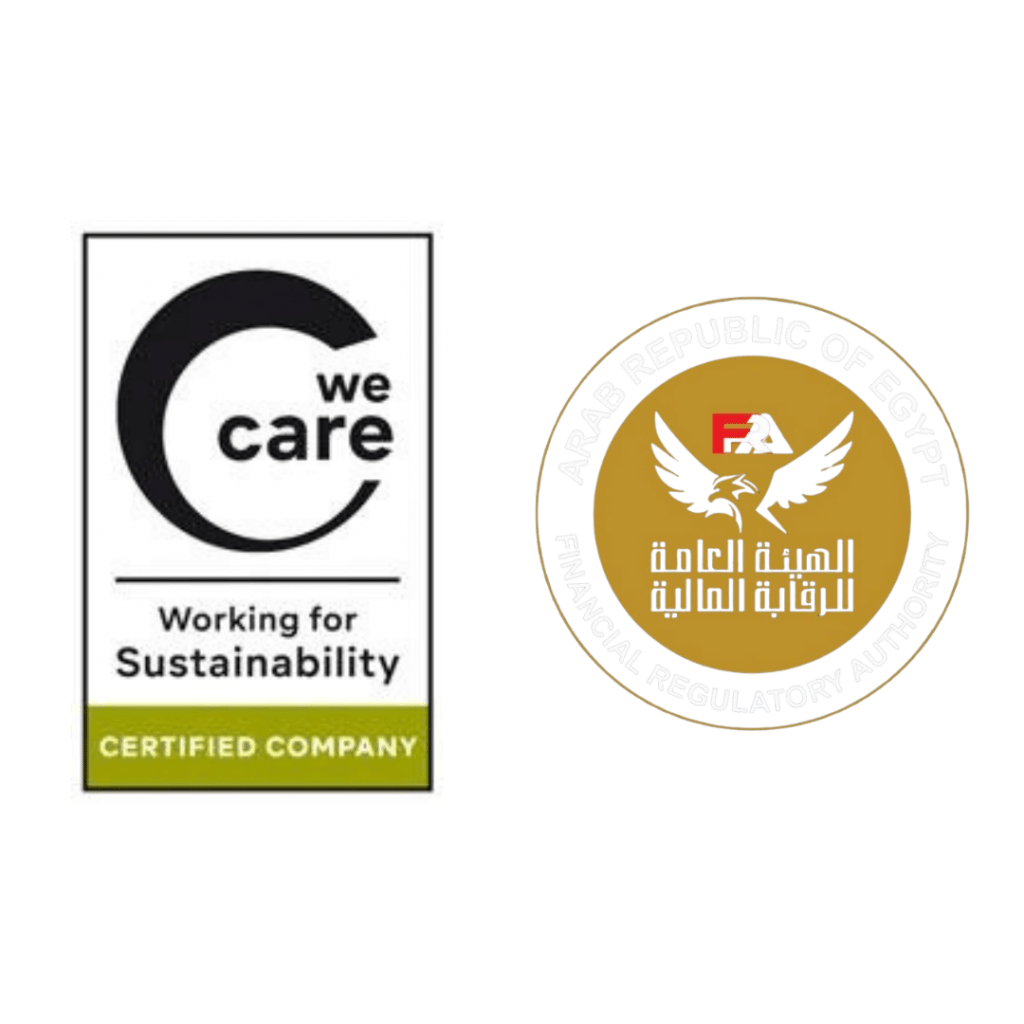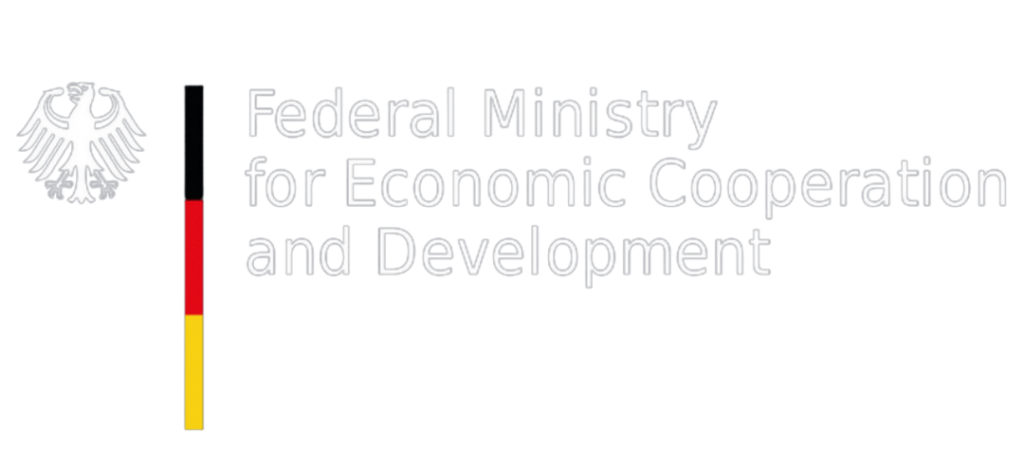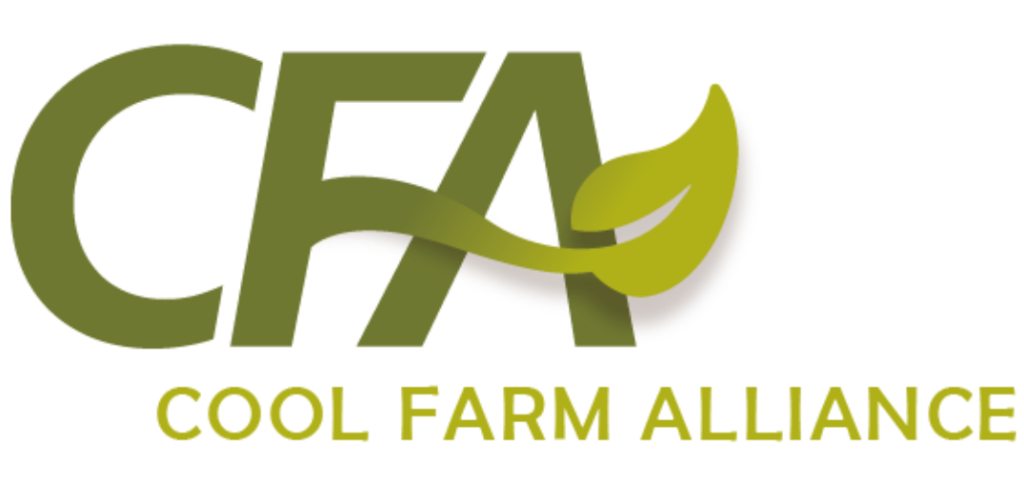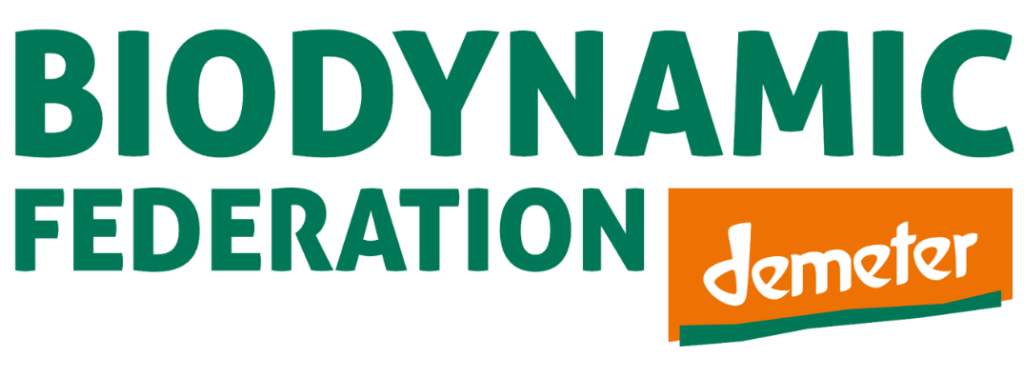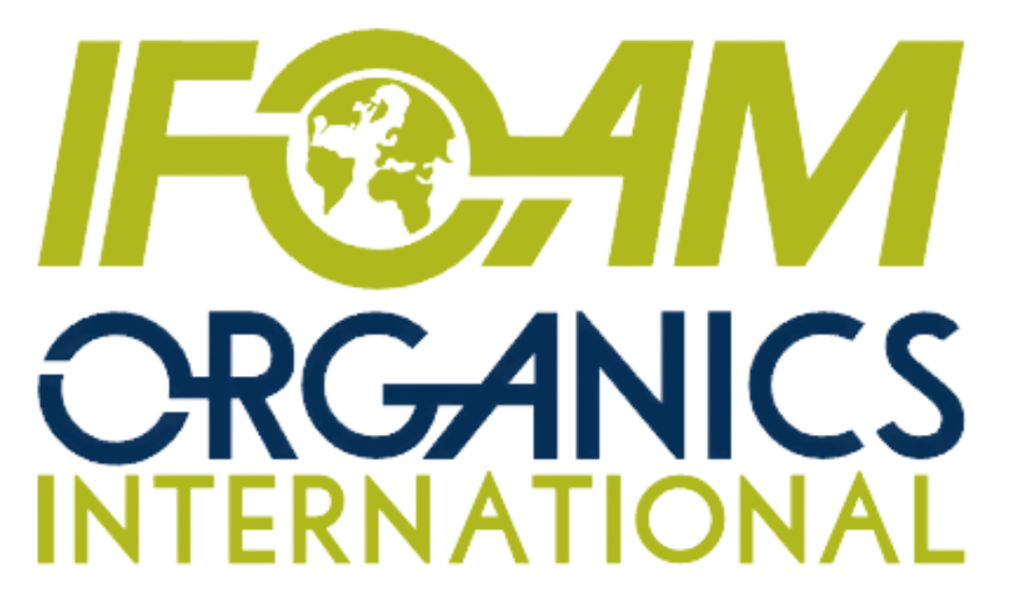Traceback your Product
and explore your
impact on people
& the environment
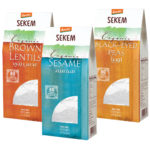
Creating a
FAIR ECONOMY
100%
of SEKEM employees receive fair values through transparency and respect from the company.
Creating a
FAIR SOCIETY
100%
of SEKEM’s employee works fairly with dignified working conditions in which every individual feels safe and respected.
Life Long Learning &
WELLBEING
100%
of SEKEM actions are based on creating an ethical and sustainable economy with a positive impact on people and environment.
Protecting the
ENVIRONMENT
3.3kg CO2e
were sequestered/absorbed by the soil, per package, reducing the impact of agriculture on climate change.
Farming
The blackseeds is grown on SEKEM Wahat, Minia, Asuit and Aswan Demeter certified farms that grow under the principle of organic and biodynamic methods which provide the highest quality products and enhance biodiversity.
EoL provides loans for farmers transitioning to renewable energy which actively contributes to the reduction of CO2 emissions by avoiding irrigation through diesel pumps.
SEKEM is focusing our support on an impactful carbon footprint improvement of our licensee farms
SEKEM is focusing on the implementation of beehives and training for beekeeping in order to enhance biodiversity and organic honey production on EoL farms.
Meet The Farmers
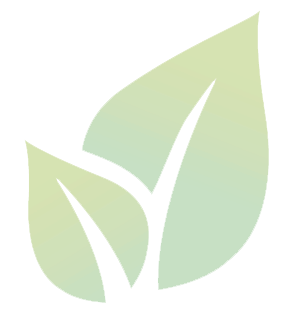
get to the source of production
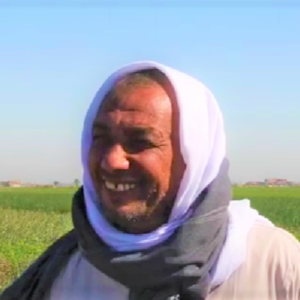
Abdel-Ghaffar
Farmer in Asiut, Egypt
Abdel-Ghaffar is a partner with SEKEM for 15 years. He uses organic material and compost with no pesticide. SEKEM covers all their needs and takes samples for analyzing the quality of the soil
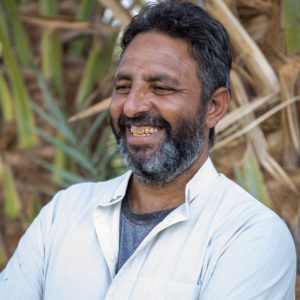
Saber
Farmer in Aswan, Egypt
Saber clarifies that since partnering with SEKEM his income increased. SEKEM always support them with the training needed and provide them with the materials that help them plant in more efficient way
Processing
The blackseeds comes directly from the farm and arrives at Lotus company, sample are taken to be tested to ensure the organic and Demeter production of the blackseeds. Once it passes the test the chickpeas are then taken to be purified, sieved, and cleaned.
Lotus strives to create fair long-term relationships with the supplying farmers, thus round-table meetings are conducted annually where many farmers gather with the companies to discuss prices, challenges, and draft solutions.
Energy-saving measures are taken and renewable energy is promoted to reduce the environmental footprint. Lotus is aiming to run on 100% solar energy by the end of 2021.
The share of organic waste in Lotus is 96%, of which 100% is being recycled. 48% of non-organic waste is being recycled. 100% of wastewater is recycled and used for tree irrigation in the factory area.
Packaging
When the blackseeds arrive at the iSiS Organic Food Company, samples are taken to be tested to ensure the standards of organic and biodynamic approaches are met. The blackseeds arrives in 25KG paper bags that are then packed into the final paper packaging box.
Isis sells its recyclable non-organic waste to external recycling entities which reduces its non-organic wastes by 77%.
In addition to the Core Program, iSiS started implementing the EoL EDU program, across the company to give employees the feeling they are part of a community striving towards creating safer work environments, a sustainability mindset and space for wellbeing.
In SEKEM all factory supervisors and managers receive training to create space for cultural events.
Packaging Material
The blackseed grain could be responsibly grown and processed, but its packaging material and the companies from which they are sourced also have a huge impact on the products’ lifetime, and cannot be neglected.
SEKEM is focused on holistic sustainable development and social innovation in Egypt by combining various forms of organizations within its institutional ecosystem.
The boxes are made of paper which is produced in a factory in Cairo that promotes worker safety and Corporate Social Responsibility (CSR) activities.
Some packages require plastic wrap to meet customer’s requirements. but the company is committed to finding more eco-friendly alternatives.
Distribution
The blackseed grain grains packages are now ready to be distributed directly to your home, local shops, or overseas.
Calculating the estimated emissions from all the farmers and the transportation emissions from farm to the final consumer
Distribution process is under the supervision of Isis to ensure the selection of the shipping cars to be cleaned and qualified for the process.
The first choice is always sea freight to reduce emissions, however air fright is needed sometimes.
Meet The Employees

have a look, who processed, packaged and distributed your product
Marwa
Quality Manager in iSiS
Marwa has been working in the tea department of iSiS factory for more than 8 years. Together with her husband and two children, she lives on the SEKEM farm.
Ahmed
Factory Engineer at SEKEM
Ahmed has been working in SEKEM for four years, and lives right next to the SEKEM farm with his family.
Ahmed
Factory Engineer in Lotus
Hassan is in charge of the cleaning and packing machine in the processing facility of Lotus. He has been working in Lotus for 17 years and enjoys that work is combined with cultural programs.
Abd El Magid
Distributor in SEKEM
Abd El Magid has been an employee in SEKEM for over 15 years. He is responsible for distributing the finished products to stores all over Cairo.
What is the True Price?

Are there hidden costs that the price doesn't reflect?
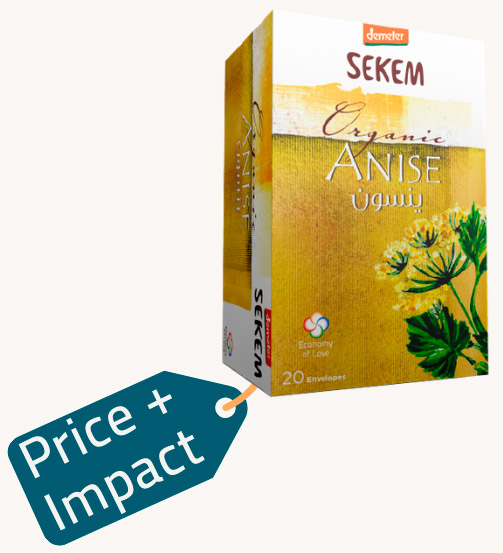
True Price Comparision
Sustainably & ethically produced products add value to society. However, when comparing prices, we don’t take into account the long-term impact of the product. For example, since this Anise is sequestering Co2e it is actually saving up to 0.35USD per kilo! This means that it is cheaper than products that emit Co2e, but so often the price tag doesn’t reflect that.
We encourage you to compare products based on their true price; the price that reflects the hidden costs that we and future generations eventually pay for.

This Anise saves up to 0.35 USD/Kilo, by sequestering carbon from the atmosphere

Indirect Costs include:
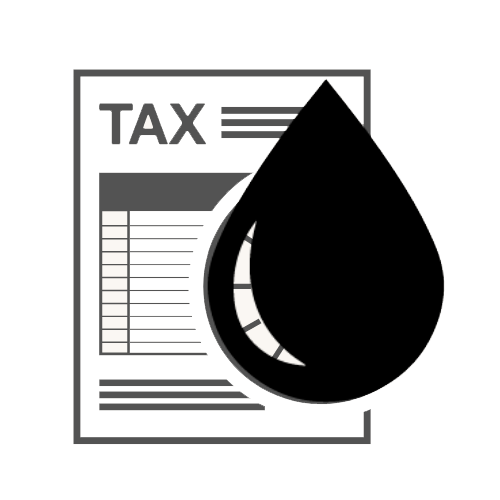
WATER
REPROCESSING COST
Society is paying taxes to clean water sources from agriculture’s chemical fertilizers, pesticides, and herbicides, as well as the irresponsible disposal of wastewater from factories, in order to make it usable/drinkable water.

HEALTH COSTS
The use of pesticides in agriculture eventually affects the human body and therefore increases medical treatment costs.
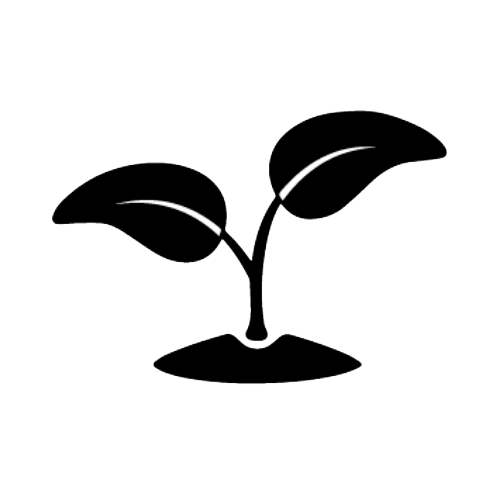
ENVIRONMENTAL
DAMAGE
Society has to bear the long-term cost caused by disruptive agriculture e.g. soil erosion, desertification, and loss of biodiversity.
Locations
Check out the locations of all the farms, companies who were involved in making this product!
discover the origin of your product
Saft
Add an optional description to your map pin economyoflove
Skem El-Wahat
Add an optional description to your map pin economyoflove
Abdalah
Add an optional description to your map pin economyoflove
Abd El-Ghaffar
Add an optional description to your map pin economyoflove
We hope this information helped you Choose Your Impact!
And make mindful purchasing decisions that leave a positive impact on people and the environment
Interested to know more about the companies above? Click here to download the SEKEM Sustainability Report




